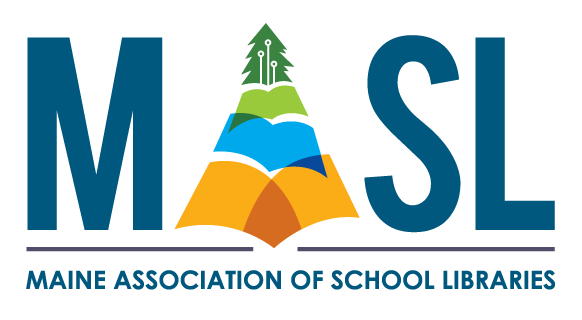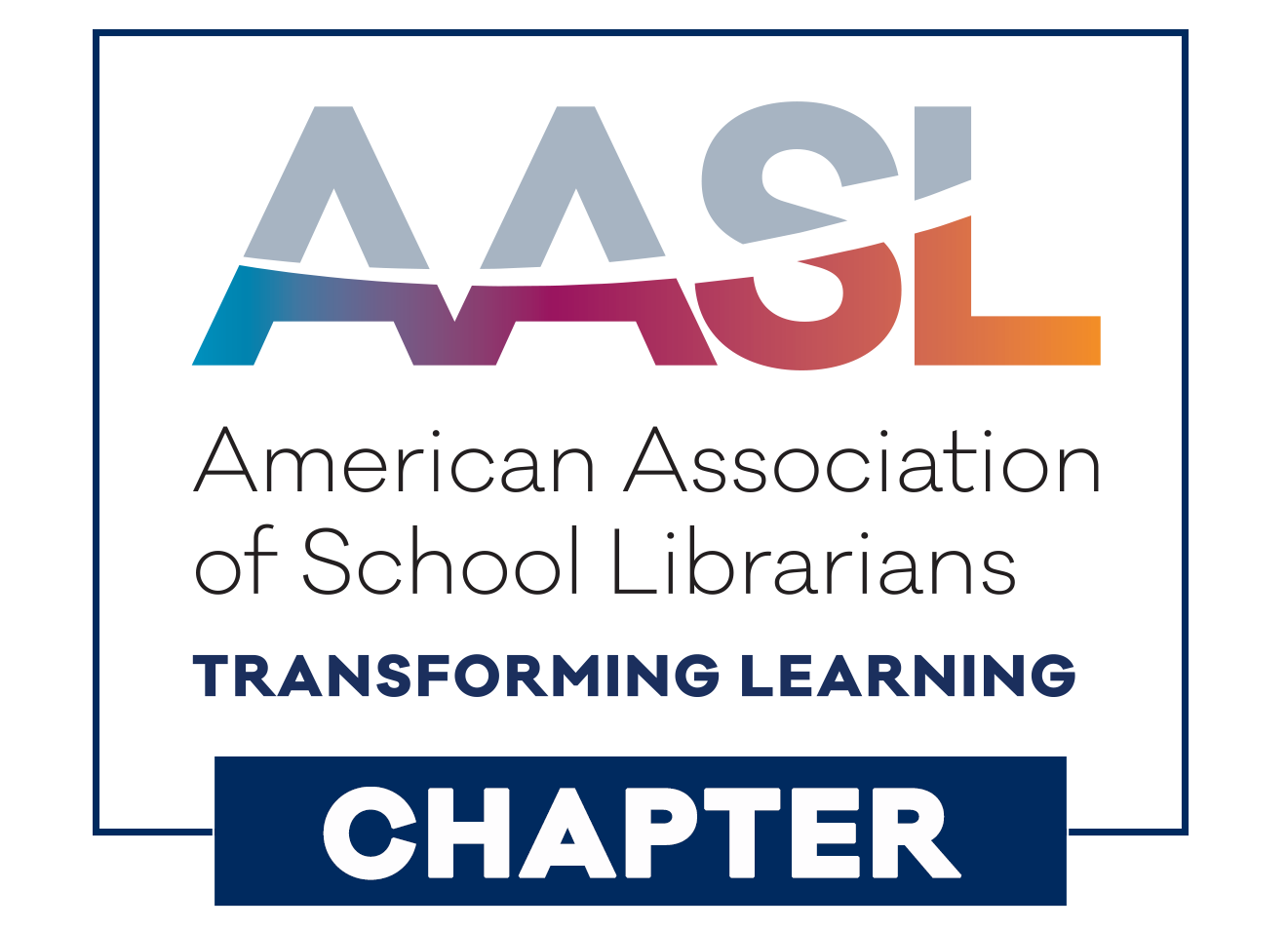Member Login |

Advocacy
We define School Library Advocacy as proactive communication to positively inform and influence community members and decision makers.
Effective advocacy is informed by the positive trends in librarianship and studies that illustrate the value of our programs. Below is a collection of tools, articles, and published reports about School Library Advocacy.
WEBSITES
American Association of School Libraries (AASL) Toolkits:
Including a Crisis Toolkit, Parent Advocate Toolkit, and @your library Toolkit for School Librarians.
Rutgers School of Communication and Information, Center for International Scholarship in School Libraries (CISSL): Provides access to several published reports and position papers.
Library Research Service: School Library Impact studies, including infographics and videos.
Maine State Library: Advocacy and Community Relations: MSL's Library Advocacy Resources collection
What are the Savings that School Libraries Bring to their Schools?: School Library Value Calculator
California Campaign for Strong School Libraries: Infographics, research results, and resources for librarians, parents and community members.
Online Articles
Study Shows How Third-Grade Reading Skills and Poverty Influence High School Graduation
A national study commissioned by the Annie E. Casey Foundation, found that students who don’t read proficiently by third grade are four times more likely to leave without a diploma than proficient readers. The report, "Double Jeopardy: How Poverty & Third-Grade Reading Skills Influence High School Graduation," breaks down for the first time the likelihood of graduation by different reading skill levels and poverty experiences.
23 Studies Find Positive Link Between Library Spending and Student Learning
A Los Angeles Times response to school cuts
Moran, Mark. (2010). Young Learners Need Librarians, Not Just Google. Forbes.
Academic achievement is positively impacted when librarians and teachers work together to impart instruction.
Quantitative Resources, LLC (2003). Show Me Connection: How School Library Media Center Services Affect Student Achievement. Missouri Department of Elementary and Secondary Education.
This study found even when considering demographics of schools with high percentages of students eligible for free and reduced lunches, school librarians and school library usage have a positive impact on test scores.
Santos, F. (2011, June 24). In lean times, schools squeeze out librarians. The New York Times.
OTHER STATES
Colorado
State Library released an infographic snapshot of Colorado/national
studies done over the last 2 decades that show how teacher-librarians
(school library media specialists here in Maine) have a positive impact
on student test scores. Visit the link below to access both online and
scroll down to see the ‘printing’ link
http://www.lrs.org/news/2013/02/27/make-the-case-for-school-libraries-with-our-new-impact-studies-infographic/
This
article provides a good summary of the findings of a Pennsylvania
survey on the importance of school libraries in relation to students’
test scores. It also gives some very good advice about how to advocate
for your school library.
http://www.slj.com/2012/10/librarians/slj-summit-2012-full-time-school-librarians-boost-student-test-scores-in-reading-writing-says-pa-report/#_
PRINT ARTICLES
Anderson, M. A. (2011). What happens when media positions are cut? Library Media Connection, 29(6), 16-18.
When
media specialists are cut, information literacy instruction and
research instruction are also cut because there is no one to provide
direct instruction or to collaborate with teachers to integrate those
aspects of learning into the curriculum.
Baumbach, D. J. (2003). Making the Grade: The
Status of School Library Media Centers in the Sunshine State and How
They Contribute to Student Achievement. Orlando, FL: University of Central Florida.
Baumbach’s
study of high schools concluded students at schools with well-staffed
libraries and high circulations performed better on Florida’s
required standardized tests.
Francis, B. F., Lance, K. C., & Lietzau, Z. (2010). School librarians continue to help students achieve standards: The third Colorado study. Denver,
Jaeger, P. (2011). Transliteracy Undefined: New library lingo and what it means for instruction. Library Media Connection, 30(2), 44-47.
Technological literacy and reading literacy are tied to one another and span the curriculum, involving every subject area.Lance, K. C., & Hofschire, L. (2011) Something to shout about: New research shows that more librarians mean higher reading scores. School Library Journal, 57(9), 28-33.
Todd, R. J., & Kuhlthau, C. (December, 2003). Student learning through school libraries: A summary of the Ohio research study. Presented at the Ohio Educational Media Association.
Last updated January, 2015

